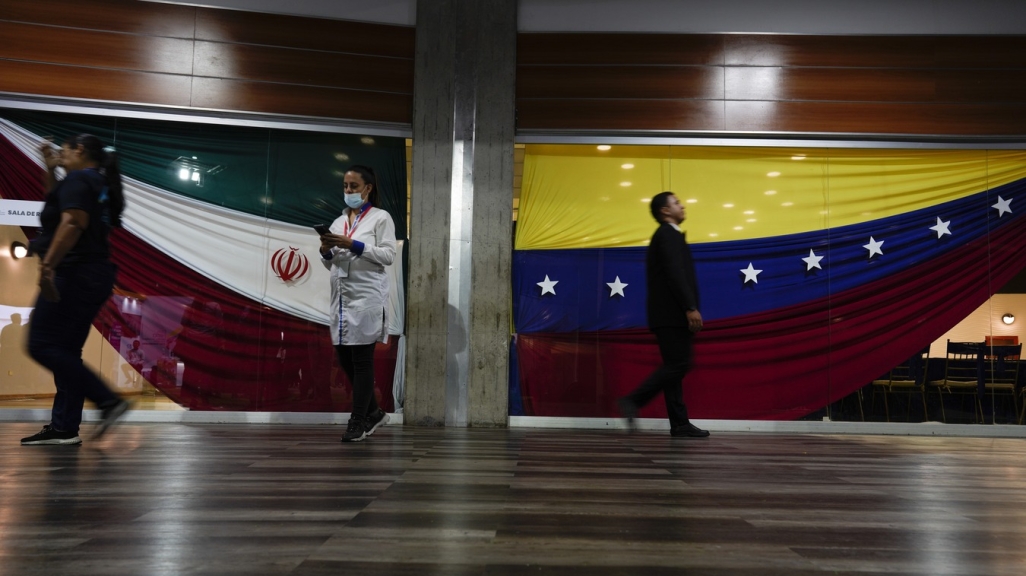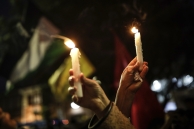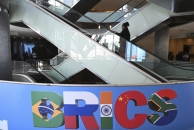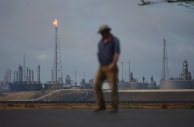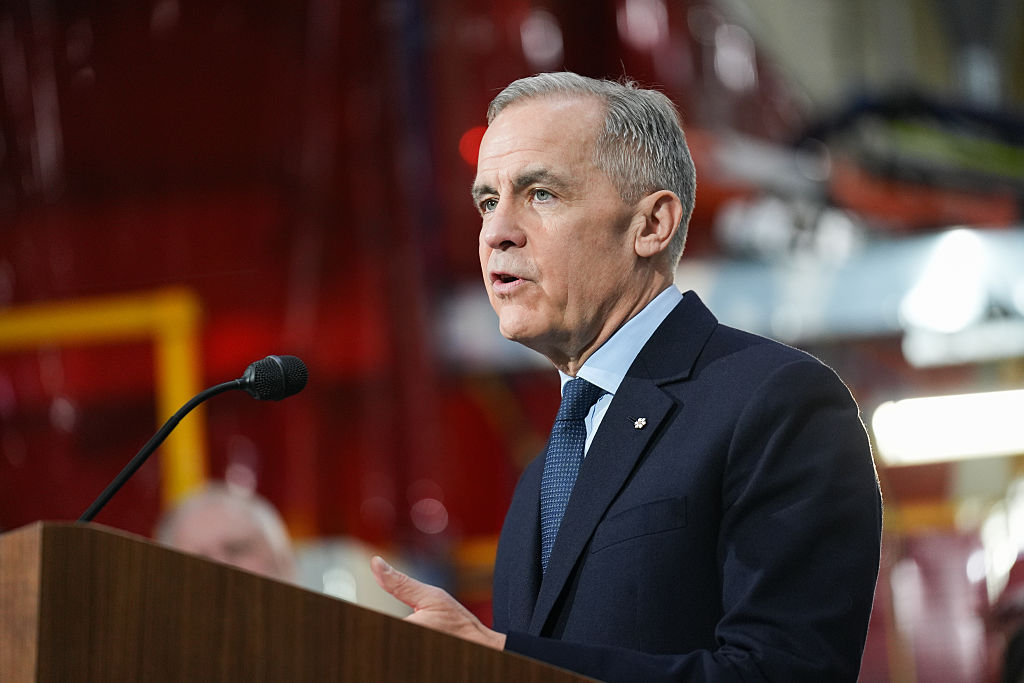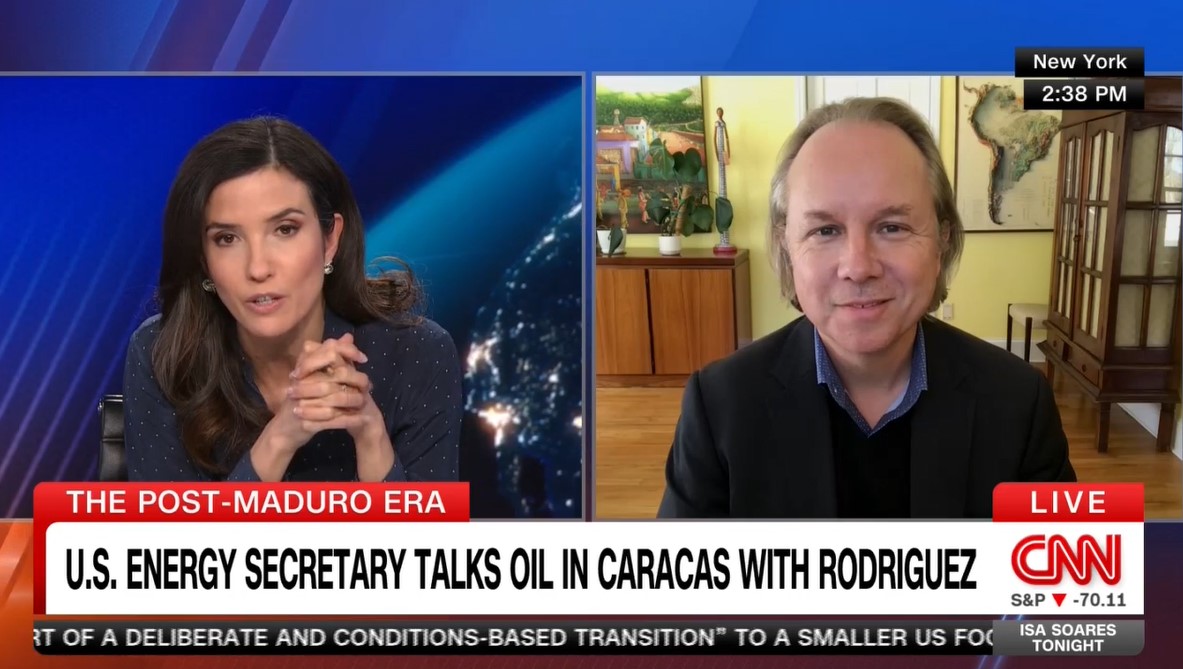Explainer: Iran's Relationship with Latin America
Explainer: Iran's Relationship with Latin America
How have governments reacted to the Iranian-Israeli conflict? And who are Tehran’s allies in the region?
In June, a new active conflict roiled the Middle East. On June 13, Israel launched a missile attack on Iran, opening up a war between the long-time adversaries. After a week of missile exchanges, on June 22, the United States struck three nuclear sites in Iran. One day later, Iran fired missiles at a U.S. base in Qatar. As of June 24, a tenuous ceasefire between Israel and Iran was in effect.
Latin American leaders reacted to major actions in the Iran-Israel conflict, as they did at the start of the Israel-Hamas war in 2023. “It was typical appeals to peace and cool heads. The region fell back on its traditional responses,” said Ryan Berg, director of the Americas program at the Center for Strategic and International Studies. Most leaders pushed for a rapid resolution and a cessation of military action.
Several countries took more partisan approaches. Bolivia, Cuba, and Venezuela condemned Israel and the United States but not Iran. In its statement, Brazil’s government also condemned Israel, but not Iran. On the other hand, Argentine President Javier Milei, a stalwart ally of Israel, publicly sided with the Jewish state and said, “Iran is an enemy of Argentina.”
Mexican President Claudia Sheinbaum, meanwhile, called for peace. “The statement from the Mexicans didn’t outright condemn the U.S. strike in the same way as, say, [Chilean President] Gabriel Boric, did,” explained Berg. That, he explained, may reflect Sheinbaum’s desire to cautiously handle the U.S.-Mexico relationship. In a press conference on June 23, a U.S. State Department official said that countries in Latin America should choose a side.
The divergent reactions across the region reflect Iran’s uneven footprint in Latin America. Tehran has strong ties to several countries, especially those whose governments share an ideological opposition to the United States, such as Bolivia, Cuba, Nicaragua, and Venezuela. Iranian President Ebrahim Raisi (2021-2024) visited the latter three of these countries on a state trip in 2023. “Iranians have worked hard to build connective tissue with the region,” said Brian Fonseca, director of the Jack D. Gordon Institute for Public Policy at Florida State University. “But I’m not convinced these are deep ties. They are more transactional.”
Amid the conflict, learn about the region's ties with Israel and Palestine in terms of the diaspora, diplomacy, security, and more.
Brazil continues to be a central member of the bloc of emerging economies that seeks to push for a more multipolar world.
As Russia faces harsh sanctions for invading Ukraine, we review U.S. economic restrictions on Cuba, Nicaragua, and Venezuela.







